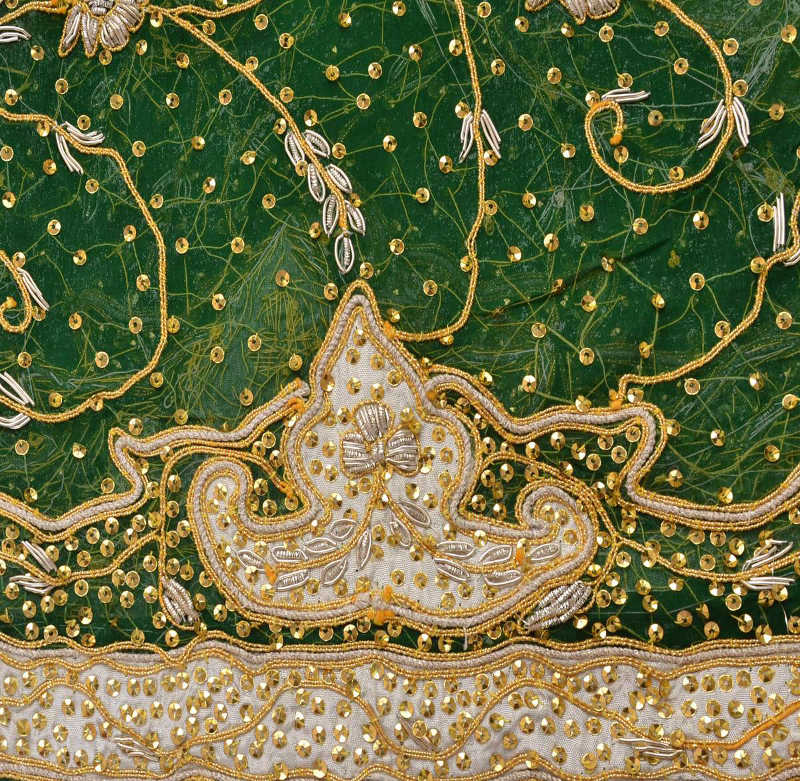===
0480,
4
===

=== |
 |
ʿishq hai : 'An exclamation of praise; excellent! well done! bravo!'. (Platts p.761)
ġhairat : 'Jealousy, source or cause of jealousy; care of what is sacred or inviolable; a nice sense of honour; honour; courage, spirit; modesty, bashfulness, shame; —envy, emulation; disdain, indignation; enmity'. (Platts p.774)
FWP:
SETS == DOUBLE ACTIVATION
MOTIFS == BELOVED IS NOT GOD
NAMES == LORD
TERMSTo say ḳhudā ḥāfiz̤ (or nowadays, allâh ḥāfiz̤ ), '[May[ the Lord [be your] protector', is to confide those from whom one is parting to the Lord's care. But the crazed lover is too full of ġhairat to be willing to do this. By invoking ġhairat rather than simply rashk , the verse opens out a complex set of emotions (see the definition above) that center on a touchy sense of 'honor'-- in Platts' day, 'nice' meant 'delicate, sensitive'-- and that range even as far as 'disdain' and 'enmity'. How can the lover permit his loved one to be sheltered or guarded by anyone else?
The lover's pride and possessiveness are here focused on his chosen beloved, who does not actually belong to him in any legal sense. But this is the same emotion that, when centered on the family, nowadays is pushed to a terrible extremity in 'honor killings'. Of course, in the verse this fierce sense of honor is deserving both of the title of 'passion' and of 'praise', as SRF notes, since it shows the extravagant depths of the lover's commitment, and in that cause no amount of madness on his part is really culpable.
For more on this idiomatic usage of ((ishq hai , see {307,4}. As SRF points out, this phrase is doubly activated: both its literal and its idiomatic senses are fully invoked in the context of the verse.
Note for translation fans: Of course in English 'their beloved' needs to be in the second line, for clarity and common sense; but in this case it has to be in the first line, to show the language-learner how the verse is structured. What's a poor fanatically-literal translator to do?